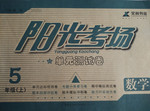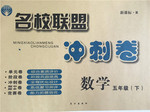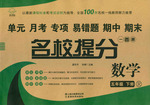题目内容
—How did you make contact with the travel agent, Susan?
—Oh, that’s easy. I surfed the Internet and then called one _____ the telephone number is provided.
A. that B. in which C. of which D. whose
练习册系列答案
 阳光考场单元测试卷系列答案
阳光考场单元测试卷系列答案 名校联盟冲刺卷系列答案
名校联盟冲刺卷系列答案 名校提分一卷通系列答案
名校提分一卷通系列答案
相关题目

